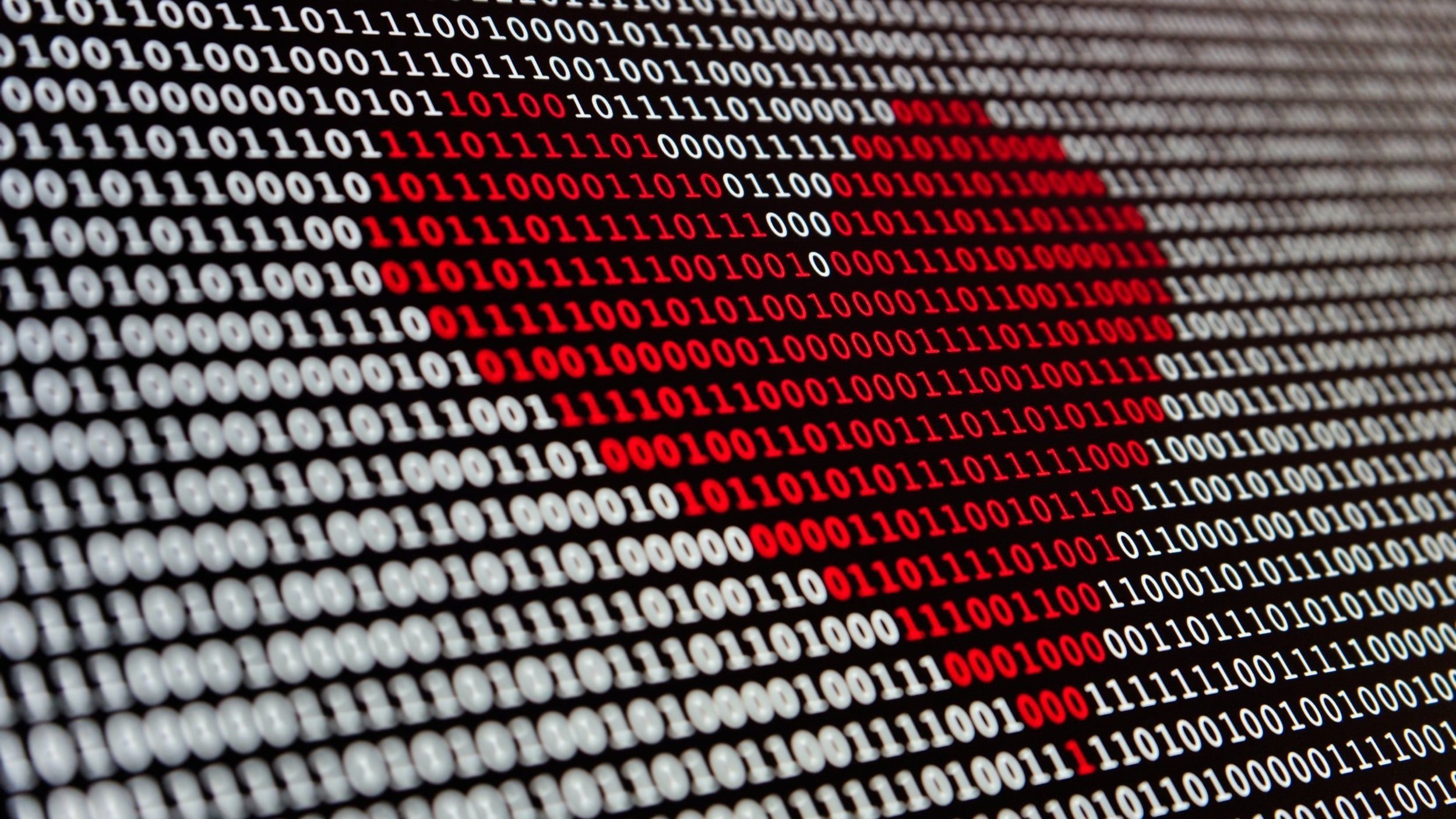Not Just Another Corporate Holiday: Data Privacy Day and Why It Matters
By Evan Enzer
Today is Data Privacy Day. That’s pretty cool for geeks like me, but I know it sounds like just another corporate holiday dreamt up by marketers. Unfortunately, I can’t offer you a free maple bar in exchange for your email address like the corner store does on some other “holidays.” The best I can do is muse about why we should care about privacy.
People care about data privacy for different reasons. Some say privacy is the balance between consumer protection and business interests. Others see it as an extension of traditional inequities in society. Many think privacy is a prerequisite for intellectual freedom. And some real nerds, like me, assert it is an independent right inherently worth protecting.
Data privacy has become a conflict between consumers and businesses in the last few decades. The rise of massive technology companies, inexpensive data storage, and highly targeted advertising incentivized companies to collect terabytes of information on every American. Most people don’t have a stash of gold buried in the park or the desire to live off the land, so interacting with data brokers is inevitable. This takes control away from ordinary people – forcing them to share the most intimate details of their life when they usually don’t want to. For example, a few years ago, researchers discovered how to determine a person’s sexual orientation from their supposedly “anonymous” Netflix data. In this way, privacy is much more than consumer protection.
Data privacy is an extension of profound societal injustices. Governments use mass surveillance to punish people for peacefully protesting in the streets and innocently dancing on TikTok. Further, they routinely discriminate against BIPOC communities, women, and religious minorities. NYPD is a prime example of this international issue. The Department maintains a massive database of suspected gang members. Ninety nine percent of people in the database are Black or Latinx – many of them children – profiled based on their neighborhoods and the clothes they wear. Likewise, people lose their jobs when their cell phone data outs them as gay, lesbian, bisexual or transgender. In the activist view, the problem is not data privacy; it’s homophobia, transphobia, racism, and a litany of familiar injustices.
In a similar vein, privacy enables people to think critically about cultural norms. Notably, librarians have found that surveillance pushes readers towards self-censorship. This prevents people from discovering themselves, holds back innovative ideas, and stifles scientific discoveries. We need to encourage new ways of thinking to solve big problems like religious persecution and climate change. The last thing we should do is stifle intellectual innovation by surveilling the country.
Finally, data privacy is a fundamental human right that includes each of the above values. This is the broadest interpretation of privacy, and it results from a deep respect for individual autonomy. Racism, intellectual freedom, and consumer protection are paramount issues within privacy’s big tent, but data privacy would still matter if we solved every one of them. Privacy is tied to autonomy at the most basic level, making it an end rather than a means.
It’s up to you to decide why privacy matters, but no matter how you see it, data privacy is tied up with the most significant issues of our time. Privacy is essential if you care about racism, homophobia, transphobia and sexism. It’s also important if you care about freedom and autonomy. Privacy matters when you engage with new ideas. And if you just want to protect yourself in the marketplace, privacy matters too. Slice it how you want it, but Data Privacy Day isn’t just another corporate holiday.
Now, let’s get a donut — let’s just not give up our data for it.
Evan Enzer (@EvanEnzer) is a D.A.T.A. Law Fellow at S.T.O.P. and a graduate of the University of California, Berkeley, School of Law.

